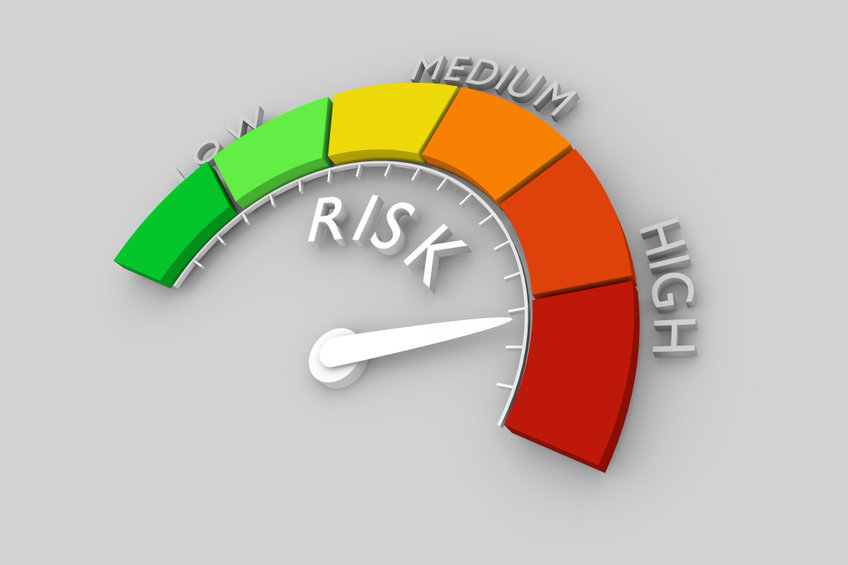Must businesses rely on climate computer models to assess risk and report the results?
CFACT’s good friend, Rupert Darwall, created an important report on climate risk disclosure.
Rupert is a first class analyst. His report is published by the Real Clear Foundation.
Here’s the summary:
The Biden administration wants the Fed and the SEC to intervene in capital markets to push up the cost of capital for politically disfavored companies and push down such costs for favored ones in pursuit of the administration’s climate policy objectives. Climate regulation is properly the province of Congress to legislate and the Environmental Protection Agency (EPA) to implement.
Nonetheless, the Biden administration is pushing the Fed and the SEC to engage in backdoor climate regulation, something that both give every sign of wanting to do. This requires both to argue that climate risk falls within their respective mandates for financial stability and investor protection.
This is implausible. The timescale for climate risks is well beyond any realistic assessment of financial stability risk and begs the question: Why the exclusive focus on climate and not on other risks, such as
pandemics, cyber-security, trade and investment with China, or green stock bubbles, all of which pose greater risk to financial stability?
Neither is there evidence that climate-transition risk poses a threat to financial stability. Rather, it is a means for the Fed and the SEC to guide markets to their preferred view of the future. Far from protecting investors, the SEC ’s climate disclosures would systemati-cally mislead them because they treat the world as a single regulato-ry space, a demonstrably false assumption.
Efficiently functioning capital markets are a major factor accounting for the superior performance of market economies over centrally planned ones. Subverting the role of investors and capital markets to price and allocate capital would move the U.S. economy further along the road to becoming a centrally planned economy.
